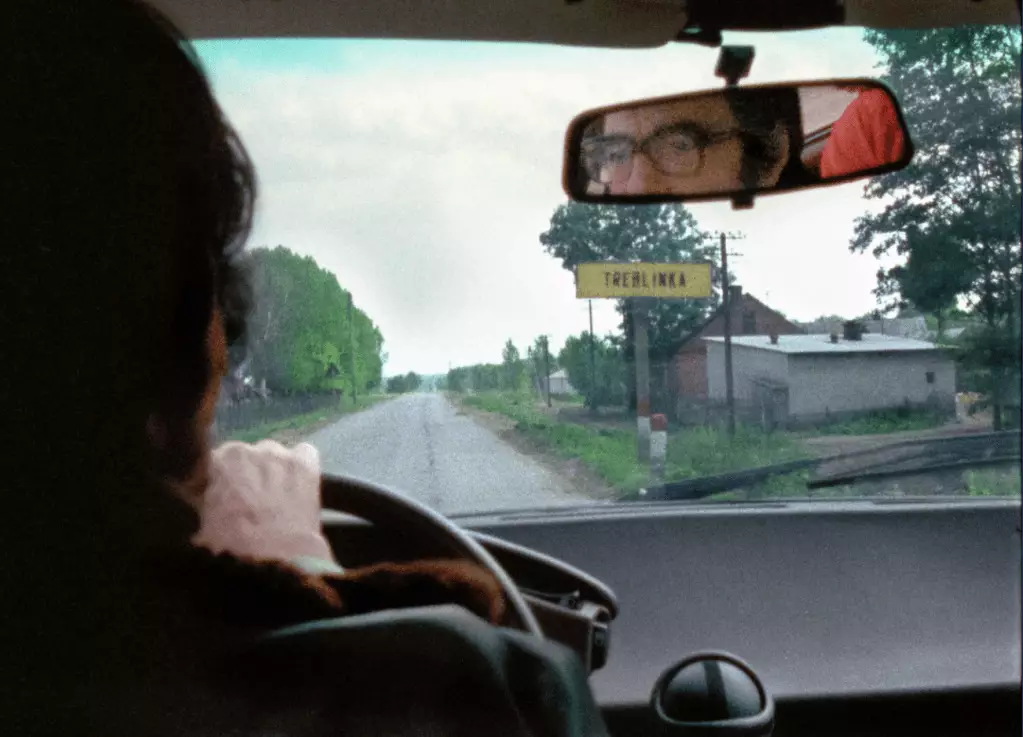The Berlin Film Festival has become a significant platform for reflecting on vital cinematic moments, and this year, it proudly revisits one of the most influential documentaries of all time—Claude Lanzmann’s *Shoah*. Released four decades ago, this nearly ten-hour-long film does more than just recount the Holocaust; it delves into the human experience surrounding this historical atrocity. Through interviews with survivors, bystanders, and perpetrators across fourteen countries, Lanzmann constructs a poignant narrative that transcends conventional documentary storytelling.
What distinguishes *Shoah* from other historical documentaries is its conscious absence of archival footage. Instead, Lanzmann opts for a deeply immersive method, employing personal testimonies to “reincarnate” the Jewish tragedy. This approach not only elucidates the horrors faced during the Holocaust but also prompts viewers to grapple with the moral complexities surrounding the event. It compels audiences to confront uncomfortable truths about human indifference and complicity, themes still disturbingly relevant today.
Adding to the legacy of *Shoah*, the festival is also premiering *All I Had Was Nothingness* (Je n’avais que le néant), directed by Guillaume Ribot. This film offers fresh insights into Lanzmann’s formidable work, revealing layers of his artistic vision through previously unreleased footage and personal reflections gleaned from his memoirs. One particularly striking clip features a confrontation with neighbors of a suspected war criminal, raising questions about collective responsibility and denial. This moment serves as a stark reminder of how the echoes of the past resonate in the present, prompting audiences to reflect on the narratives they choose to acknowledge or ignore.
Recognition in a Historical Context
In recognition of its significance, *Shoah* was recently added to the UNESCO Memory of the World Register in 2023. This prestigious acknowledgment underscores the film’s lasting impact and its vital role in ensuring that the lessons of the Holocaust remain etched in collective memory. The Berlinale’s inclusion of *Shoah* in its program celebrates not just a film, but a critical discourse surrounding memory, history, and humanity’s ability to confront its darkest chapters.
As we commemorate Lanzmann’s centenary—he would have turned 100 this year—his contributions to cinema and human rights discourse remain profoundly influential. Lanzmann, who passed away in 2018, leaves behind an unparalleled oeuvre that challenges filmmakers and historians alike to explore their subjects with an unwavering commitment to truth and empathy. This year’s festival serves as a reflective space to honor his relentless pursuit of unveiling hidden narratives, encouraging future generations to carry forth the baton of remembrance and societal introspection.
In concluding this reflection, it’s clear that *Shoah* is not merely a document of the past; it is a transformative work that continues to inspire critical thought and conversations about morality, memory, and the shared human experience, urging us to never forget.


Leave a Reply